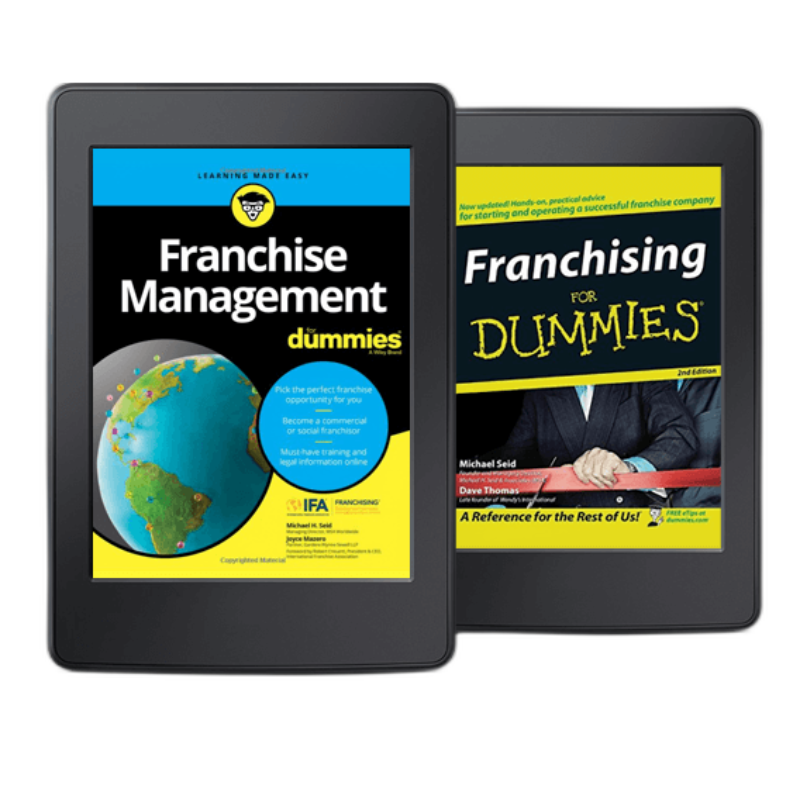What is Franchising?
Franchising is a system for the consistent, sustainable replication of a company’s brand. Franchising is a powerful method for expanding a business, offering a great alternative for growth.
Get an Overview of Franchising
Most franchisors today use a variety of expansion techniques at the same time. It’s not unusual for a company to have company-owned locations, franchisees, alternative distribution strategies, and licenses all in the same market. Franchising does not have to be the exclusive growth method used by a company. Putting together your expansion and downstream distribution strategy is not limited by your choosing to become a franchisor.
Understanding Franchising and Key Legal Relationships
While every franchise is a license, not every license is a franchise under the law. From a regulatory point of view, in the United States, a franchise arises whenever a company licenses to someone the use of its trade or service mark; the licensee pays the company fee for the right to use their marks, and, depending on state laws, the company retains significant control over how the licensee operates their business, has a marketing plan, or a community of interest with the licensee.

What are the types of Franchising?
Business Format Franchise
The most recognizable type of franchising is the Business Format Franchise, where the franchisor licenses a system for delivering products and services, not just the brand name. These franchises typically include operating manuals, training, ongoing support, quality control, and a marketing strategy. Franchising is used by over 120 industries today.
Traditional Franchise
Another type of franchise that is actually larger in sales than Business Format Franchising is called a Traditional Franchise or Trade Name Franchise. In these franchises it is the product that is most important, as it generally requires pre-sale and post-sale servicing by the franchisee. Automobile dealers and soda and beer distribution fall under this category.

Resources on Franchising
Our Franchise Library and Videos provide in-depth discussion of all aspects of franchising organized by category. you will also find our popular free download for franchisors, the annual Franchise Compliance Calendar, as well as our Making the Franchise Decision workbook.
The Definitive Guides to Franchising
Franchising for Dummies, authored by our founder and Managing Director Michael Seid alongside the late Dave Thomas, founder of Wendy’s International, is the leading book on franchising. While it doesn’t replace professional business and legal advisors, it offers readers a solid grounding in franchising, enhancing their decision-making and management skills. Complementing this, Franchise Management for Dummies serves as an accessible guide for prospective franchisees and franchisors, empowering them to become their own bosses and leverage the success of franchise giants.






